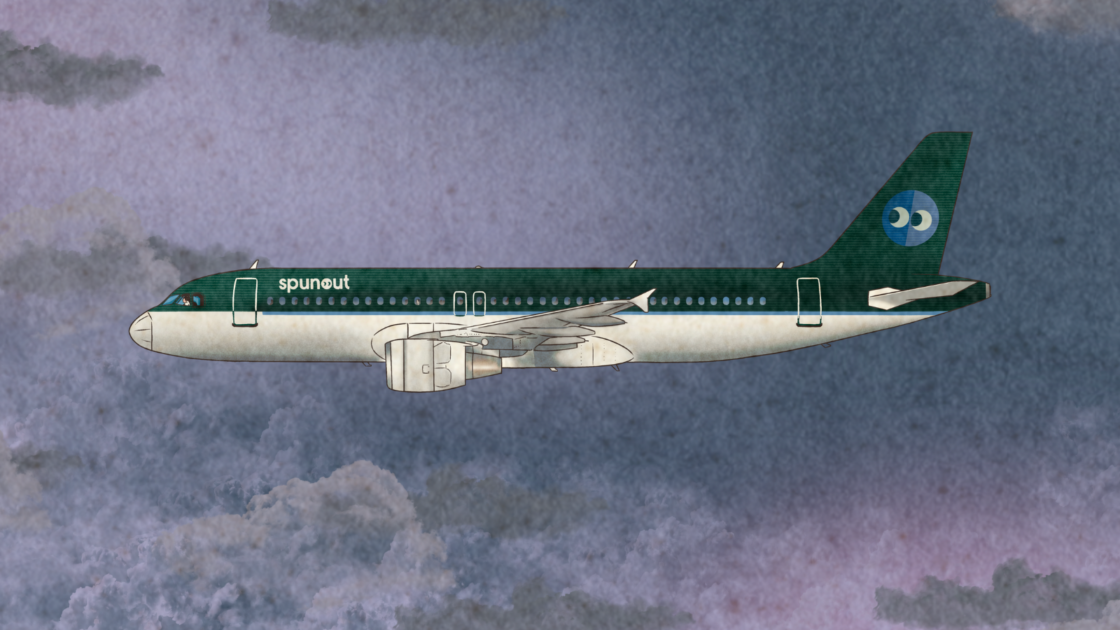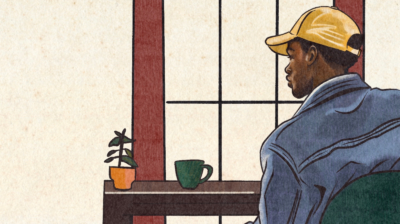Embracing culture shock in Ireland
Angela shares what it’s like to move to Ireland and experience culture shock.

University is a big step and it can feel like a very stressful time. For many, it’s the first time they’ll have lived away from home.
When I moved to Cork during the Summer of 2022, I chose to embrace the journey without setting unrealistic expectations. I did little preparation before taking the long-haul flight and my very first Aer Lingus, with the belief that having preconceived notions would only lead to disappointment.
This is the first time I have lived abroad and have lived so far from my home country. Having previously visited Ireland on holidays and encountered various cultures while travelling, I presumed everything would be as “grand” as the Irish say. Nevertheless, I was unaware that the swirling feelings of uncertainty, confusion, or anxiety that have gradually emerged could be classified as “culture shock.”
So, what is culture shock really?
“Culture shock” is a term coined by the anthropologist Kalervo Oberg. It is a time when a person becomes aware of the differences and/or conflicts in values and customs between their home culture and the new culture they are in. When adapting to a new culture, common feelings such as anxiety, confusion, homesickness, and/or anger may arise.
It might impact someone on an intellectual, emotional, behavioural, and physical level, manifesting through symptoms of psychological distress.
In my experience with psychological distress, I asked myself questions that I had never thought about before. I was born and raised in a city which embraced a mixture of Cantonese and Portuguese culture, so when I began mixing into Irish culture, I questioned which culture I actually belonged to. Oftentimes, I would contemplate whether my customs or interactions with others were “appropriate” when considering Irish culture and my native culture.
Culture shock: an unexpected yet valuable experience
One of the earliest experiences I had with adjusting to the new culture was seeing the use of sarcasm, irony and dry humour to create laughs amid a conversation. This humour can leave people unfamiliar with Irish culture unsure of whether the point made is hilarious or something serious. I find that it’s better to be more observant and careful during these times, as being very honest and direct can sometimes be perceived as rude or arrogant if you’re not careful. The phrase “How are you?” isn’t necessarily a question; it’s often used as a casual greeting. Therefore, there’s no need to feel obligated to share all our plans when we’re asked this.
In Irish culture, modesty and humility are core aspects of how someone presents themself in social exchanges. For example, it is common for us to thank the bus driver or anyone else who provides any service, support, advice or help. It always brightens their day by simply saying “thanks” and “have a nice day” to those who helped you even though they may be an acquaintance.
And to my surprise, I felt my multicultural experiences have somehow given me unexpected fortunes, as well as taught me to appreciate the beauty of different cultures that I encountered.
I look fondly at the time I was approached by someone who has since become my best friend here, all because she was curious about the Portuguese high school name on my volleyball team shirt.
During my break to my home country, I was told that I had learned the Irish way of being more modest and friendly. In my two-year journey to embrace Irish culture, I have made new friends from various cultural backgrounds and grown into a better version of myself.
Embrace the beauty of culture shock
The feelings of culture shock might be particularly intense at the beginning of your move and can be tough to overcome, but it’s important to remember that the cultural adjustment usually goes away over time as a person becomes more familiar with the place, people, customs, food, and language.
Below are three tips that I found helpful when embracing the new culture:
- Try to learn about the new country or culture to understand the reasons for those cultural differences.
- Document your experiences in a journal, highlighting the positive aspects of the new culture. Be truthful, but tactful, in expressing any feelings of disorientation or confusion.
- Discuss and exchange insights regarding your cultural background with friends and family—communication is a two-way street. Seek guidance and support from your network if you encounter challenges understanding or feel perplexed.
From learning how to flag down all public transportation to figuring out that “It’ll be grand” means that everything would be fine, I realised that culture shock allows me to test my ability to adapt to new environments. Everyone experiences a different degree of cultural shock but generally, it enhances personal growth beyond our comfort zone and most importantly allows us to open the door to appreciation of the new culture and virtues around us.
Feeling overwhelmed and want to talk to someone?
- Get anonymous support 24/7 with our text message support service
- Connect with a trained volunteer who will listen to you, and help you to move forward feeling better
- Whatsapp us now or free-text SPUNOUT to 50808 to begin.
- Find out more about our text message support service
If you are a customer of the 48 or An Post network or cannot get through using the ‘50808’ short code please text HELLO to 086 1800 280 (standard message rates may apply). Some smaller networks do not support short codes like ‘50808’.






